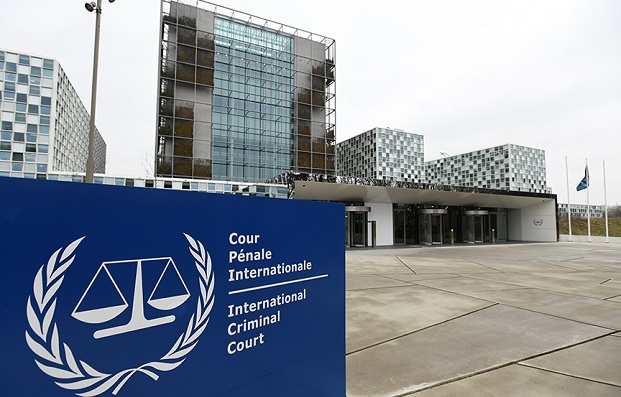
The International Criminal Court (ICC) is responsible for investigating and prosecuting individuals accused of committing the most serious international crimes such as genocide, war crimes, crimes against humanity, and the crime of aggression.
Role & Functions
The ICC is actively engaged in a worldwide effort to eliminate impunity, and its objective is to bring perpetrators of serious international crimes to justice and prevent such crimes from recurring through international criminal justice. However, the ICC cannot achieve these goals on its own and seeks to support, rather than substitute, national courts. As the world’s first permanent international criminal court, it operates under the provisions of the Rome Statute, an international agreement.
Some facts
Currently, the ICC has a staff of more than 900 individuals from approximately 100 different countries. The Court operates in six official languages, namely English, French, Arabic, Chinese, Russian, and Spanish. Additionally, the ICC maintains one liaison office to the United Nations in New York and seven country offices in different locations such as Kinshasa, Bunia, Kampala, Bangui, Abidjan, Tbilisi, and Bamako. English and French are the two working languages of the Court, and its headquarters are located in The Hague, the Netherlands. Finally, the Court’s budget for 2023 amounts to €169,649,200.
To date, the ICC has handled a total of 31 cases, with some involving multiple suspects. The Court’s judges have authorized the issuance of 38 arrest warrants, and with the help of cooperation from various states, 21 individuals have been apprehended and appeared before the ICC. Currently, 14 people are still at large, and charges against five have been dismissed due to their death. Furthermore, the ICC’s judges have issued nine summonses to appear before the Court. In terms of verdicts, the ICC has issued 10 convictions and four acquittals.
Which countries are members of the court?
Currently, there are 123 countries that are parties to the Rome Statute. However, there are around 40 countries that have not signed the treaty, such as China, Ethiopia, India, Indonesia, Iraq, North Korea, Saudi Arabia, and Turkey. Additionally, several dozen other countries have signed the statute, but their legislatures have yet to ratify it. These countries include Egypt, Iran, Israel, Russia, Sudan, Syria, and the United States.